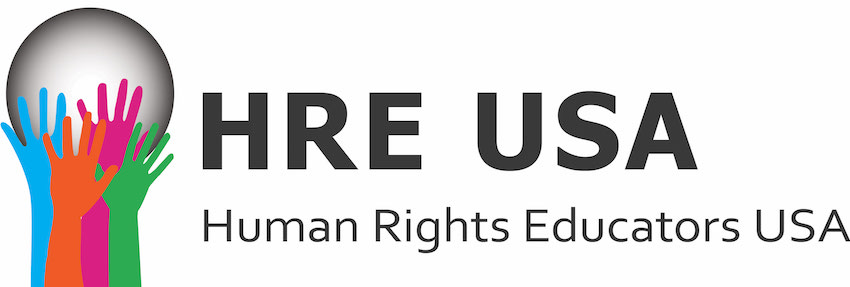The 1948 the United Nations Convention on the Prevention and Punishment of the Crime of Genocide defines genocide as “acts committed with the intent to destroy, in whole or in part, a national ethnical, racial, or religious group.” Abuses of human rights are endemic in genocide, and indeed, genocidal acts can be viewed as the ultimate form of human rights violations.
As International Holocaust Remembrance Day approaches on January 27, it is a good time to remember the victims of the Holocaust and to reflect on what we can do to bring about a more humane, just, and compassionate world. Try this lesson, “Strategies for Making a Difference,” from Facing History and Ourselves‘ newly revised edition of Holocaust and Human Behavior, to challenge your students to do just this. Help them think through small steps they can take to bring about positive change in their community.
>>See lesson by Facing History and Ourselves
For more information on how you can teach about genocide through a human rights context, please visit our HRE USA’s human rights education library for lesson plans, books, films, take action resources, and more.

